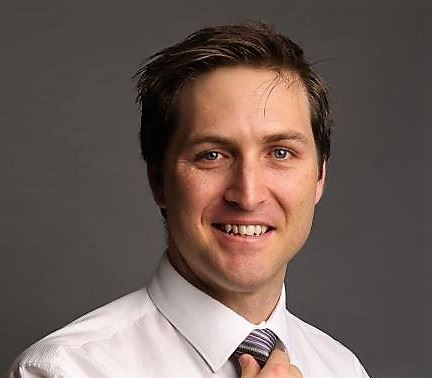School leadership is a critical element in education. Regrettably, leaders face a range of challenges from a number of competing agendas that have the potential to distract. While it is the responsibility of leaders to maintain a student focus, research suggests that this is best achieved indirectly via supporting teachers’ classroom practice (Leithwood & Jantzi, 2006).
Creating an environment that develops pedagogical expertise is, therefore, a leadership imperative, as this is the most effective way that leaders can, in turn, support their students. Unfortunately, guidance for schools seeking to scale up excellence in teaching and lead successful pedagogical change is rare (Hattie, 2019). However, there are controllable factors that leaders can shape, influence and direct to nurture pedagogical expertise.
The session will explore the significant role of leadership in large scale teaching and learning by discussing the cultural forces that shape teacher practice and development. Key themes the presentation will cover include:
- How teachers develop their pedagogical knowledge and understanding overtime
- The concept of best practice being context specific to the needs of each school and student
- What is pedagogical change? Strategies are just the tip of the iceberg - influencing classroom practice requires a deeper shift
- The effects of leaders’ pedagogical understanding and dispositions on their leadership.
Presenter

Adam Kuss is completing his thesis at University of Queensland on the effects of school leadership culture on teaching for thinking. He has been a Head of Department for Mathematics, Junior Secondary, Pedagogy and most recently a Deputy Principal.
Adam introduced Philosophy and was a founding member of the Cavendish Road SHS – Academy of Ideas, an excellence program designed to promote thinking and collaborative learning. In 2018, the Program was awarded the Education Queensland Showcase Award for Excellence in Secondary Years. The initiative provided professional development for over 600 teachers and demonstrated significant improvements in student outcomes.

